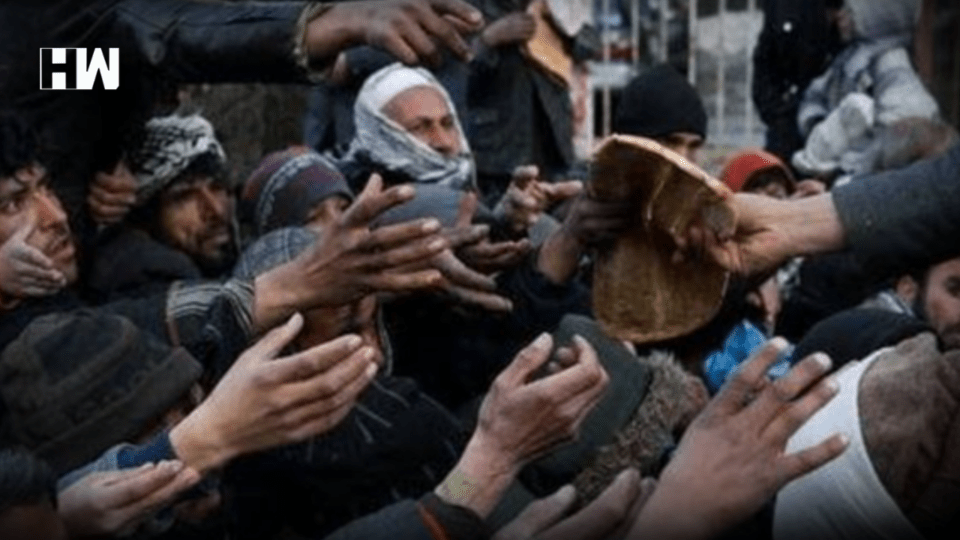Kabul: The European Union has donated EUR50 million (USD 49.7 million) to World Food Programme (WFP) in a bid to help Afghan communities with livelihoods and resilience support, WFP has informed.
Having struggled through a year of unprecedented economic hardships and environmental disasters like earthquakes and flooding, the people of Afghanistan are less prepared than ever to weather another harsh winter, WFP said in a statement. A staggering 9 in 10 households cannot meet their food needs, with those headed by women particularly vulnerable, according to the latest WFP assessment.
“This is a time of urgent need for Afghanistan. The people are reeling from the effects of four decades of conflict, climate hazards, COVID-19 and the socio-economic crisis that have deprived people of their jobs and livelihoods across the country in the past year,” said Raffaella Iodice, EU Chargee d’affaires to Afghanistan.
“People who previously were able to put food on the table are now struggling and turning to humanitarian agencies to help steady them in this new reality. We are committed to helping the Afghan population, especially the most vulnerable. Our investment in WFP’s resilience programming is an investment that will have long-lasting, positive effects for local communities,” Iodice added.
Through WFP’s Food Assistance for Assets (FFA) and Food Assistance for Training (FFT) programmes, men and women receive monthly food rations or cash assistance while they participate in community asset projects or in skills training courses like fruit and vegetable processing, marketing and backyard gardening.
Since the start of 2022, EU funding has helped WFP reach nearly 427,000 people across 27 out of 34 provinces with such programmes.
Also Read: “No Reason To Arrest Sanjay Raut, Arrest Illegal”: PMLA Court’s Scathing Remarks Against ED & MHADA
“The Afghan people need support in building productive livelihoods more than ever,” said Mary-Ellen McGroarty, WFP Afghanistan Country Director. “We are extraordinarily thankful to the European Union for this latest contribution. It allows WFP to continue our long-term livelihood and resilience work to help families be better prepared for and withstand environmental and man-made shocks. With skills training, young people and women, who are often the only breadwinners of their families, are empowered and have the means to support themselves and their families.”
With EU funding, 1.4 million trees were planted, 720 km of canal were constructed or rehabilitated, and 11 km of flood protection walls were built between January and July this year.
Market access for more than 2,000 villages across the country has improved thanks to improved roads, and the construction of dams, water ponds and reservoirs has strengthened water management for local communities.
(Except for the headline, this story has not been edited by HW News staff and is published from a syndicated feed.)
As an independent media platform, we do not take advertisements from governments and corporate houses. It is you, our readers, who have supported us on our journey to do honest and unbiased journalism. Please contribute, so that we can continue to do the same in future.

